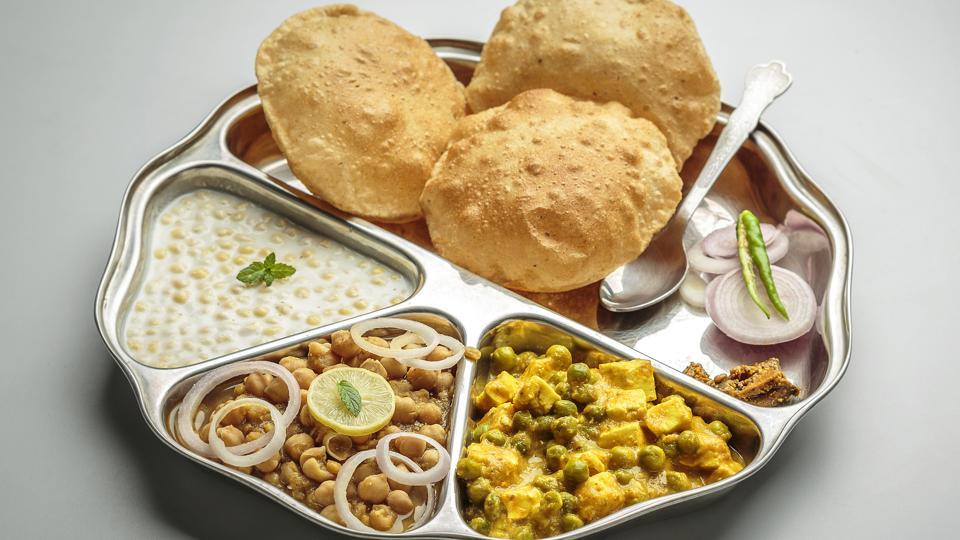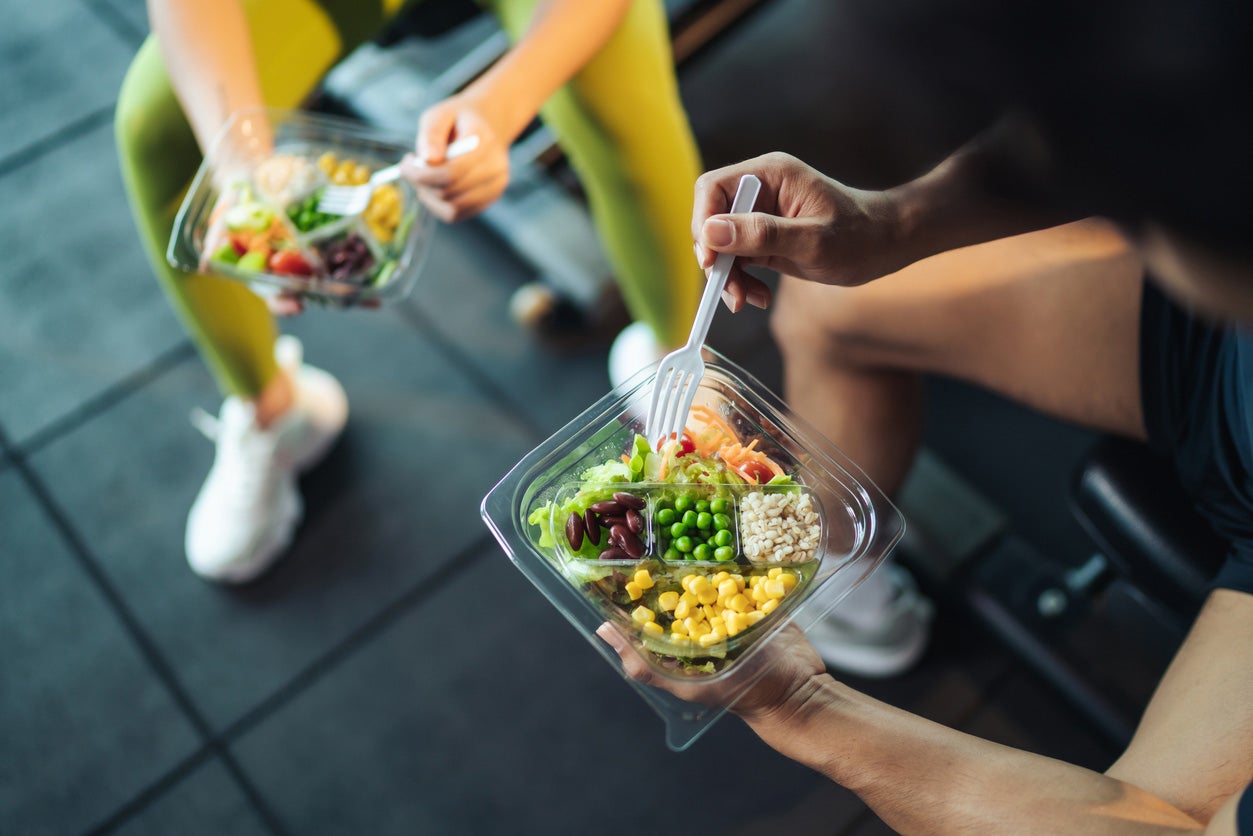prasad1
Active member
The traditional Indian thali now seems to have pride of place on the global table. At least, that’s what recent research and trends, particularly in the West, indicate.
As virtuous veganism becomes a value in places like North America, the organic aisles of supermarkets are now cluttered with brands with names like Prana or Guru. Studies and policy in recent times is driving this hunger for change. For instance, a recent study published in the journal Lancet called for cutting consumption of meat and sugar by half by 2050. Its findings gave rise to headlines like, Lentils with a side of rice: The save-the-world diet?
As many pointed out, the humble daal-chawal has been a staple of Indian meals for centuries. Canada’s updated Food Guide for 2019 also considers the daal the real deal, as well as dahi, the yoghurt that has also accompanied countless repasts in India.
While turmeric emerged as a superfood during this millennium, even other constants such as ghee, derided for decades as unhealthy, has turned a favourite, available in flavours like Maple Chai or Himalayan Pink Salt, not to mention spreads like chocolate ghee.

 www.hindustantimes.com
www.hindustantimes.com
As virtuous veganism becomes a value in places like North America, the organic aisles of supermarkets are now cluttered with brands with names like Prana or Guru. Studies and policy in recent times is driving this hunger for change. For instance, a recent study published in the journal Lancet called for cutting consumption of meat and sugar by half by 2050. Its findings gave rise to headlines like, Lentils with a side of rice: The save-the-world diet?
As many pointed out, the humble daal-chawal has been a staple of Indian meals for centuries. Canada’s updated Food Guide for 2019 also considers the daal the real deal, as well as dahi, the yoghurt that has also accompanied countless repasts in India.
While turmeric emerged as a superfood during this millennium, even other constants such as ghee, derided for decades as unhealthy, has turned a favourite, available in flavours like Maple Chai or Himalayan Pink Salt, not to mention spreads like chocolate ghee.

Indian food leads the climate change battle with its meatless diet
We may well be headed towards a phase of militancy where there is a radical espousal of meatlessness. Protests outside restaurants are already common, though not of the sort of violent vigilantism that’s been witnessed in India in recent years. Researchers are already making the connection...


